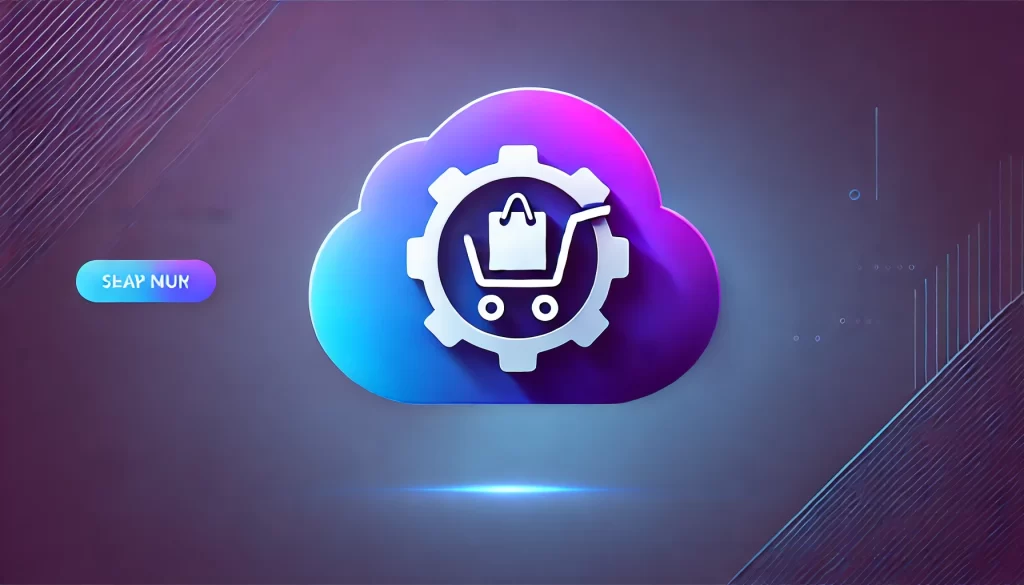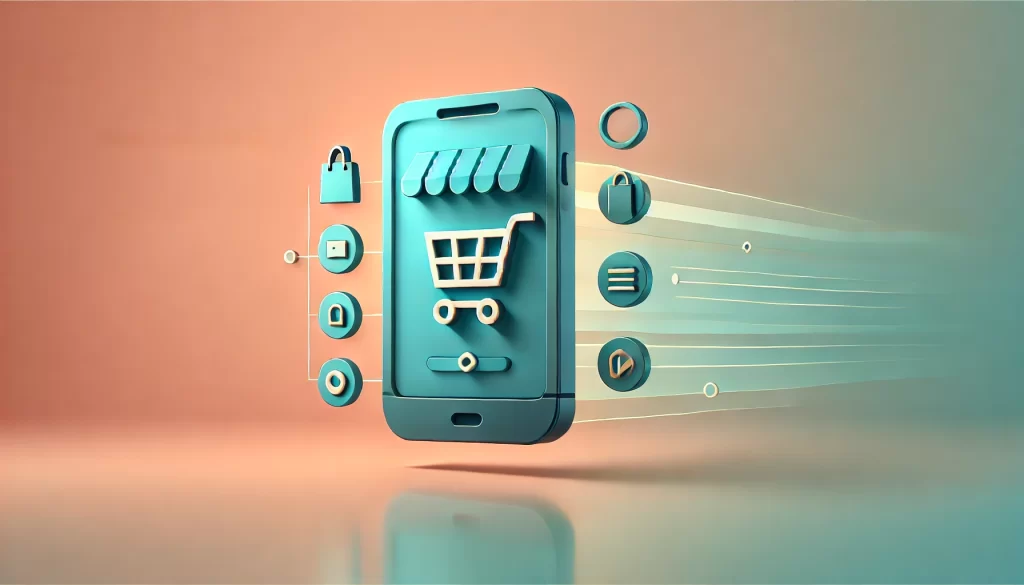Launching your product online is a crucial step in establishing your e-commerce business. A successful product launch can drive significant traffic, generate sales, and create a lasting impression on your customers. If you want to start an e-commerce business in Pakistan, this guide will provide an in-depth look at the strategies and steps involved in launching your product online.
Contents
- 1 Understanding the Importance of a Product Launch
- 2 Step 1: Pre-Launch Preparation
- 3 Step 2: Building Anticipation
- 4 Step 3: Crafting Compelling Product Listings
- 5 Step 4: Launch Day Strategies
- 6 Step 5: Post-Launch Follow-Up
- 7 Leveraging Related Resources
- 8 Conclusion: Launching Your Product Online Successfully
Understanding the Importance of a Product Launch
A well-executed product launch can create buzz, attract new customers, and set the tone for your brand. It involves more than just making your product available for purchase; it requires careful planning, marketing, and execution to ensure maximum impact.
Step 1: Pre-Launch Preparation
Preparation is key to a successful product launch. This stage involves conducting market research, developing a launch plan, and setting up the necessary infrastructure.
Market Research
Understanding your target market is essential for a successful product launch. Conduct thorough market research to identify your target audience, their needs, and preferences. Use tools like surveys, focus groups, and competitor analysis to gather insights.
Creating a Launch Plan
Develop a comprehensive launch plan that outlines your goals, timeline, and strategies. Your plan should include:
- Launch Objectives: Define what you aim to achieve with the launch, such as sales targets, brand awareness, or customer acquisition.
- Budget: Allocate a budget for marketing, advertising, and other launch-related activities.
- Timeline: Set a realistic timeline for your launch, including key milestones and deadlines.
- Marketing Strategy: Outline your marketing tactics, channels, and promotional activities.
Setting Up Infrastructure
Ensure that your e-commerce platform, website, and payment systems are set up and functioning correctly. Test your website for usability, load times, and mobile compatibility to provide a seamless shopping experience.
Step 2: Building Anticipation
Building anticipation before your launch can create excitement and generate interest in your product. Use various marketing tactics to create buzz and engage with your audience.
Create teaser campaigns to give your audience a sneak peek of your product. Use social media, email marketing, and your website to share teaser content, such as images, videos, and behind-the-scenes looks.
Influencer Partnerships
Collaborate with influencers to promote your upcoming launch. Influencers can help you reach a wider audience and build credibility for your brand. Choose influencers whose followers align with your target market.
Pre-Orders
Offering pre-orders can generate early sales and gauge interest in your product. It also creates a sense of exclusivity and urgency among customers.
Step 3: Crafting Compelling Product Listings
Your product listings play a crucial role in convincing customers to make a purchase. They should be informative, engaging, and optimized for search engines.
High-Quality Images
Use high-quality images to showcase your product from multiple angles. Include close-ups and lifestyle shots to help customers better understand the product.
Detailed Descriptions
Write detailed product descriptions that highlight your product’s features, benefits, and specifications. Use bullet points for easy readability and include relevant keywords for SEO.
Customer Reviews
Encourage early customers to leave reviews and testimonials. Positive reviews build trust and credibility, making purchasing easier for new customers.
Step 4: Launch Day Strategies
The day of your product launch is crucial for creating momentum and driving sales. Implement strategies to ensure a smooth and successful launch.
Social Media Blitz
Leverage social media to create buzz on launch day. Use platforms like Facebook, Instagram, and Twitter to share live updates, behind-the-scenes content, and special offers. Engage with your audience by responding to comments and messages in real time.
Email Marketing
Send a launch day email to your subscriber list, announcing the product’s availability and offering exclusive deals. Use compelling subject lines and personalized content to capture attention and drive conversions.
Website Optimization
Ensure that your website is optimized for high traffic and conversions. Test your website’s load times, checkout process, and mobile compatibility to provide a seamless shopping experience. Set up analytics to track visitor behavior and sales.
Step 5: Post-Launch Follow-Up
The work doesn’t stop once your product is launched. Post-launch activities are crucial for maintaining momentum and building long-term customer relationships.
Collecting Feedback
Gather feedback from customers to understand their experiences and identify areas for improvement. Use surveys, reviews, and direct communication to collect insights and make necessary adjustments.
Analyzing Performance
Track key metrics such as sales, website traffic, and customer engagement to analyze your launch’s performance. Use this data to evaluate the effectiveness of your launch strategies and identify opportunities for future launches.
Retargeting Campaigns
Implement retargeting campaigns to re-engage customers who showed interest in your product but didn’t make a purchase. Email marketing, social media ads, and personalized offers convert these prospects into buyers.
Leveraging Related Resources
For a comprehensive approach to launching your product online, consider exploring related topics that can enhance your strategies:
- Product Hunting in Pakistan: Learn how to identify profitable products that meet market demand.
- Trends in E-Commerce in Pakistan: Stay updated on the latest e-commerce trends to align your launch strategies with market dynamics.
- Product Sourcing in Pakistan: Discover effective sourcing strategies to ensure a steady supply of high-quality products.
- E-Commerce Platforms in Pakistan: Choose the best platform to host your online store and facilitate a smooth launch.
- Marketing Your Product Online: Implement effective marketing strategies to promote your product and drive sales.
Conclusion: Launching Your Product Online Successfully
Launching your product online involves careful planning, strategic marketing, and continuous optimization. Following the steps outlined in this guide, you can create a successful product launch that drives traffic, generates sales, and builds a strong foundation for your e-commerce business.







